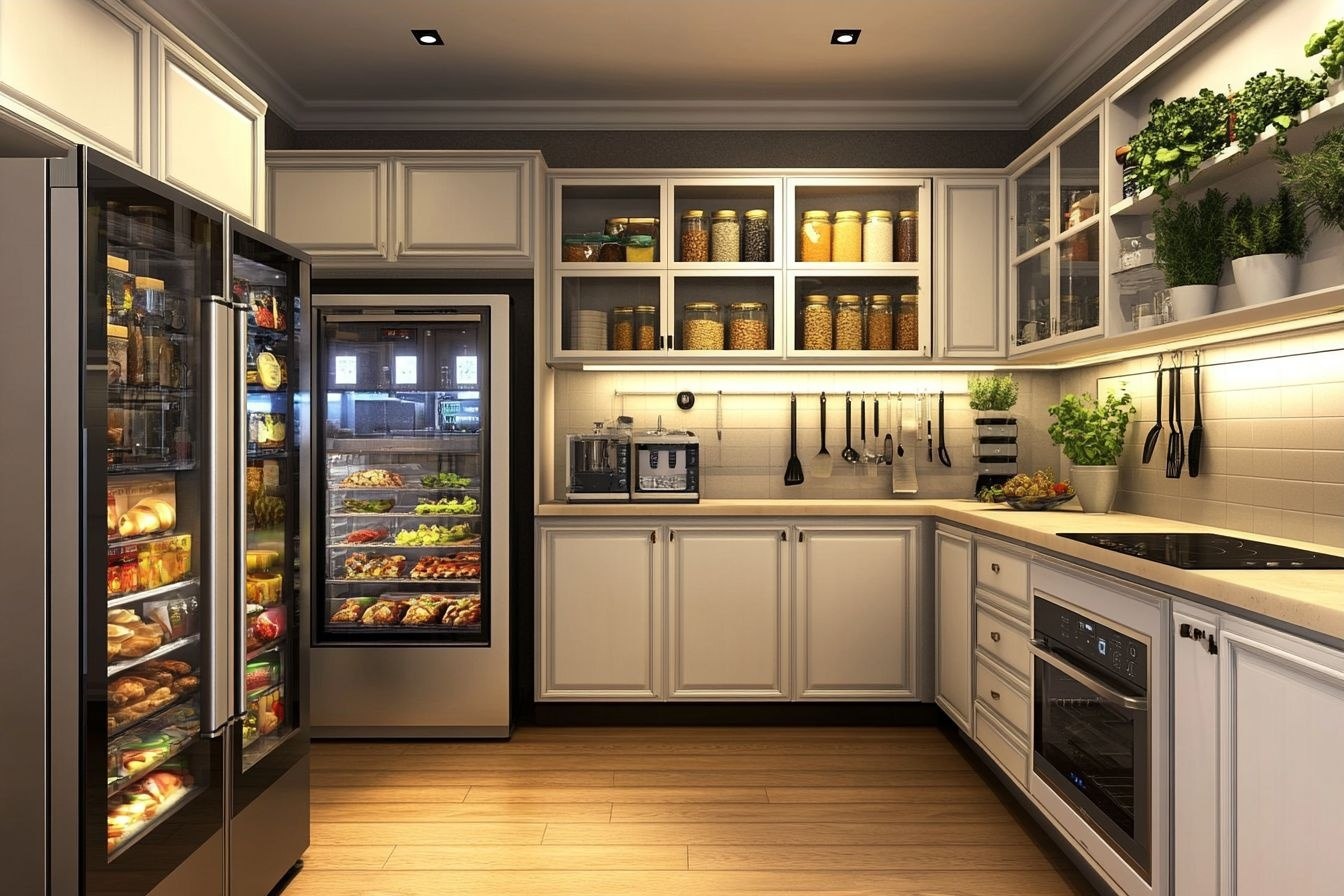How Smart Kitchen Tools Are Becoming the Talk of 2025
Smart kitchen tools are making waves in 2025, turning everyday cooking into a simpler and more engaging experience. From gadgets that streamline meal prep to devices that fit seamlessly into modern lifestyles, these innovations are sparking conversations and redefining how people think about home cooking.

What are the trending smart kitchen tools in 2025?
As we delve into 2025, several smart kitchen tools are making waves in households across the globe. Voice-activated assistants specifically designed for culinary tasks are becoming commonplace, allowing cooks to manage timers, convert measurements, and even access recipes hands-free. Smart refrigerators with built-in cameras and inventory management systems help reduce food waste by tracking expiration dates and suggesting recipes based on available ingredients. Precision cookers with Wi-Fi connectivity enable remote monitoring and control of cooking processes, ensuring perfectly prepared meals every time.
How are innovations sparking conversations in cooking?
The integration of artificial intelligence and machine learning into kitchen appliances is a hot topic among cooking enthusiasts. Smart ovens that can recognize food items and automatically adjust cooking settings are revolutionizing the baking process. Conversations are buzzing around the potential of these technologies to help even novice cooks achieve professional-level results. Additionally, the rise of app-controlled multi-cookers that can be programmed and monitored from anywhere is changing the way people think about meal planning and preparation.
In what ways are gadgets reshaping home cooking routines?
Smart kitchen tools are fundamentally altering daily cooking routines. Automated meal planners that sync with smart grocery lists and appliances are streamlining the entire food preparation process. Intelligent cutting boards with built-in scales and nutritional information displays are making it easier for health-conscious individuals to track their intake. Moreover, smart faucets with precise temperature and flow control are enhancing both the cooking and cleaning aspects of kitchen work.
What role does connectivity play in smart kitchen ecosystems?
The interconnectedness of smart kitchen devices is a crucial factor in their growing popularity. In 2025, we’re seeing an increase in kitchen ecosystems where various appliances communicate with each other to create a seamless cooking experience. For instance, a smart blender might share recipe information with a smart oven, which then preheats to the exact temperature required. This level of integration is not only convenient but also helps to optimize energy usage and cooking times.
How are smart kitchen tools addressing sustainability concerns?
Environmental consciousness is a significant driver in the development of smart kitchen tools. Energy-efficient appliances that learn user habits and adjust their power consumption accordingly are becoming standard. Smart composting systems that automatically sort and process food waste are gaining traction in eco-friendly households. Additionally, water-saving dishwashers that use AI to optimize wash cycles based on load size and dish type are contributing to conservation efforts in the kitchen.
What are the most popular smart kitchen tools and their features?
Smart kitchen tools are diverse in their offerings, catering to various cooking needs and preferences. Here’s a comparison of some popular smart kitchen devices trending in 2025:
| Product Name | Key Features | Estimated Price Range |
|---|---|---|
| SmartChef Pro | AI recipe suggestion, voice control, multi-appliance integration | $500 - $800 |
| EcoKitchen Hub | Energy monitoring, waste reduction, sustainable cooking tips | $300 - $600 |
| CookConnect 360 | Remote operation, precision temperature control, recipe sharing platform | $400 - $700 |
| NutriScan Counter | Nutritional analysis, portion control, diet plan integration | $200 - $400 |
| AquaLogic Tap | Water usage tracking, temperature presets, voice-activated dispensing | $250 - $450 |
Prices, rates, or cost estimates mentioned in this article are based on the latest available information but may change over time. Independent research is advised before making financial decisions.
The integration of smart technology into our kitchens is not just a passing trend but a significant shift in how we approach food preparation and consumption. As these tools become more sophisticated and accessible, they are likely to play an increasingly important role in our daily lives. The conversation surrounding smart kitchen tools in 2025 reflects a broader societal move towards more efficient, sustainable, and connected living spaces.
While the adoption of smart kitchen tools continues to grow, it’s important to note that the human element of cooking remains irreplaceable. These technologies are designed to enhance our culinary experiences, not replace the creativity and passion that goes into preparing meals. As we look to the future, the balance between technological assistance and personal touch in the kitchen will likely be an ongoing topic of discussion among food lovers and tech enthusiasts alike.




